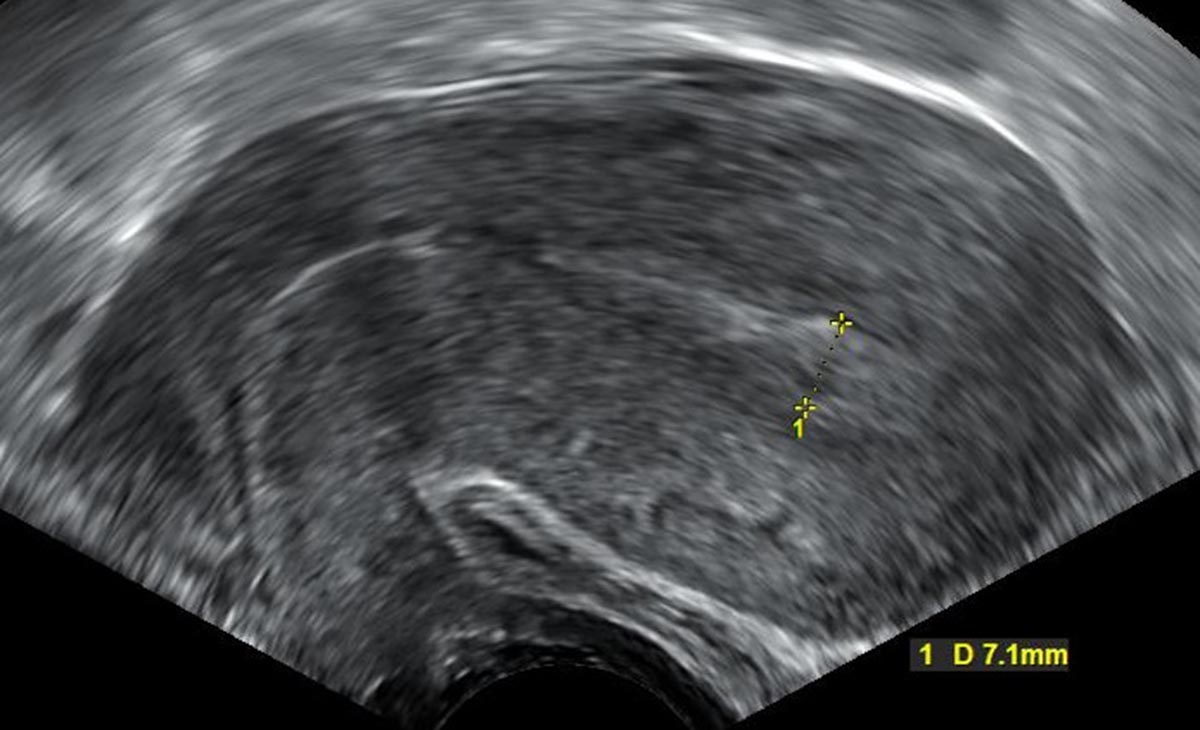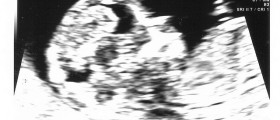
Miscarriagesand Bleeding after Miscarriage
A miscarriage involves the loss of pregnancy in the first 20 weeks. Miscarriagescan occur for many different reasons, and none of them should be a causefor feelings of guilt in women, especially considering many women then continueon to carry a healthy pregnancy afterwards. An estimated 15% registered and 50%unrecognized pregnancies end in miscarriage.
Bleedingafter miscarriage should normally last up to two weeks, and if continuinglonger than this or if the bleeding is especially heavy, it can signify thatthere is a problem. Consulting a gynecologist if the two weeks have not yetpassed but there are symptoms such as a smelly vaginal discharge, fever orextreme pain and discomfort in the lower abdomen is strongly advised.
Causes andTreatments
Thetreatment for post miscarriage bleeding includes an examination that serves todetermine the cause of the bleeding, as well as subsequent treatment aimed atresolving the issue.
If bleedingafter miscarriage does indeed persist, a blood test can be recommended in orderto test the HCG levels. In case the HCG levels are elevated, it may signify thatthe woman in question has a molar pregnancy, or that there still remains fetalor placental tissue in the uterus. Ultrasound can also be utilized to detectpossible signs of material that should not be present in the uterus, and acolposcopy can also be performed.
Unexpelledmaterial is the most common cause of bleeding after miscarriage, and this istreated by dilation and curettage (D&C) that removes the unexpelled tissuefrom the uterus. D&C is usually performed under general anesthesia, and itis worth noting that some material may remain even in the case of an astuteoperation, in which case the D&C procedure must be repeated. The sameprocedure can be used for treating molar pregnancy.
In the caseof lack of unexpelled material in the uterus, the prolonged bleeding could bethe result of hormone imbalances, usually monitored with blood work. Usuallythe bleeding will resolve by itself due to the hormones stabilizing. Any women with a history of irregularmenstrual periods can experience prolonged or recurrent bleeding aftermiscarriage as their bodies recover.
Heavybleeding can also be caused by the miscarriage not being complete, which mayrequire medication or surgery. The surgery might be necessary to remove pregnancytissues, and while some might be hesitant to undergo these procedures, it iscritical to realize that there are chances of heavy bleeding re-occurring.There are, however, slight chances of infection during any surgery.
Any extendedbleeding after a miscarriage should not be ignored or neglected and emotional recoveryafter a miscarriage should be valued just as high as the physical. Vacation, aswell as quality time with the family, can assist in the emotional recovery, aswell as the emotional outlook for future pregnancy. Any intention for another pregnancyshould be followed by a doctor consultation.















Your thoughts on this
Loading...